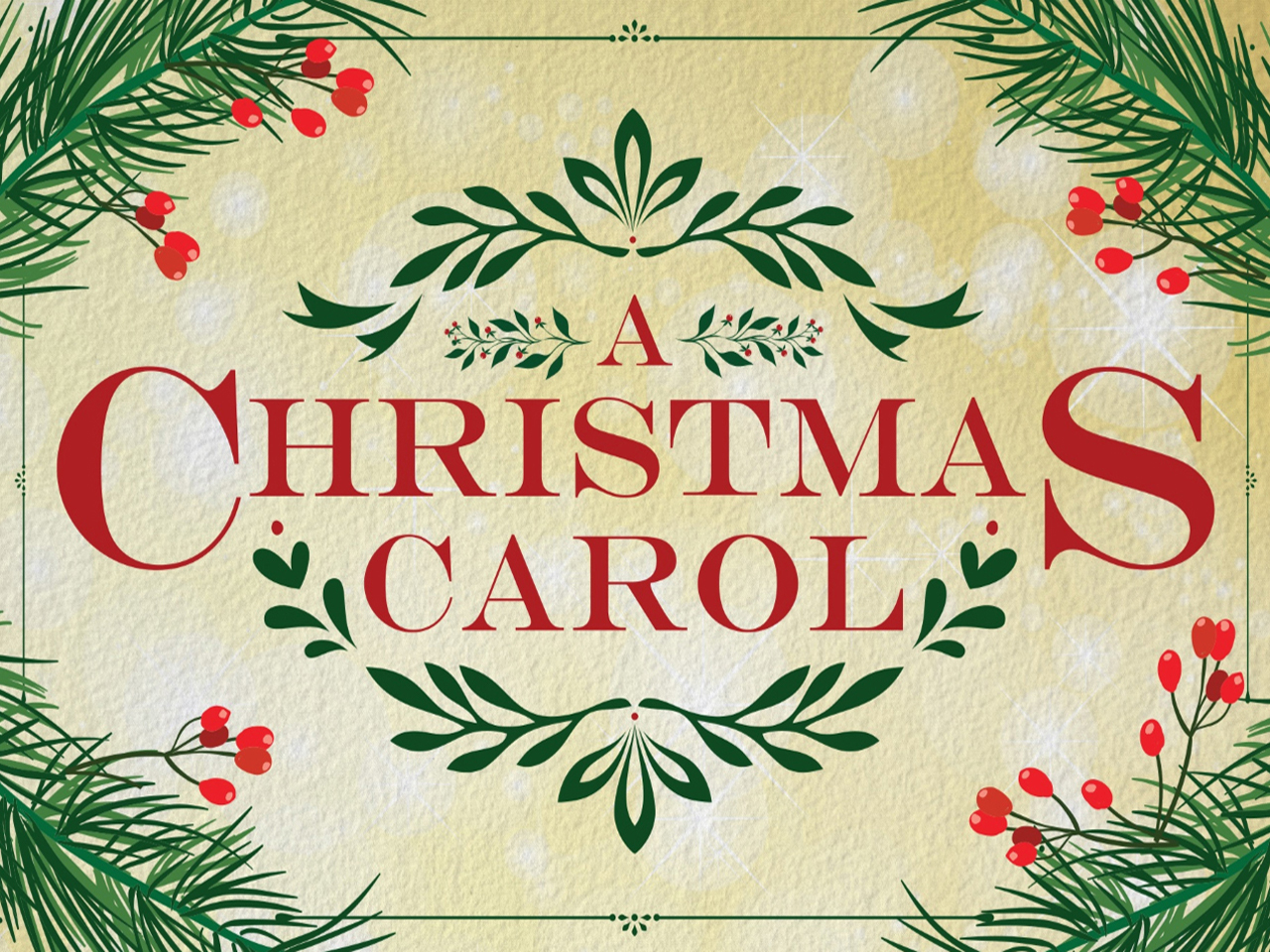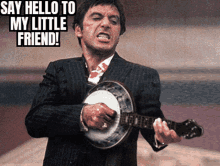Votto
Diamond Member
- Oct 31, 2012
- 62,985
- 68,418
- 3,605

A Christmas Carol and the Politics of "Overpopulation"
A Christmas Carol, the classic 1843 holiday tale written by the English writer Charles Dickens, is surprisingly relevant to today’s concern over overpopulation.
The well-known story deals with the transformation of wealthy London businessman Ebenezer Scrooge from a misanthropic grump into a merry fellow filled with goodwill toward his fellow man. His change of heart results from visits by four mysterious spirits: the ghost of his former colleague, the Ghost of Christmas Past, the Ghost of Christmas Present and the Ghost of Christmas Future. Early in the story, Scrooge suggests that poor people ought to die and thereby “decrease the surplus population.”
Scrooge clearly believed that there is such a thing as an excess of people. Unfortunately, far too many real people hold that belief today.
In 2019, for example, U.S. Senators, like Ed Markey (D-MA) and Chris Van Hollen (D-MD), and Representatives, like Jimmy Gomez (D-CA) and Susie Lee (D-NV), tweeted their support for a paper explicitly calling for the reduction of the world’s population. Also this year, Representative Alexandria Ocasio-Cortez (D-NY) questioned whether it is morally acceptable to have children and Senator Bernie Sanders (D-VT) endorsed population control. This past summer, in the country where A Christmas Carol is set, Prince Harry subtly suggested that children are a burden to the planet and that responsible folks should have “two, maximum.”
The idea of a “surp
During the 19th century, London became the world’s most populous city. London’s population grew from 1 million in 1800 to over 2 million by the time A Christmas Carol was published, and to 6.5 million by the end of the 19th century. London’s population grew partly due to urbanization, as people fled the countryside to work in factories. While the factory conditions were often harsh, millions of Britons found them preferable to the backbreaking agricultural labor and monotony of rural life.
London’s population also grew because the United Kingdom as a whole was expanding. A Christmas Carol suggests that Scrooge is in his 60s or 70s, argues Stanford University English professor Claire Jarvis. That means that during his lifetime the character would have seen his country’s population increase by about a third. There were fewer than 20 million people in the country when Scrooge’s character was “born.” By 1843, however, the country’s population stood at over 27.5 million.
lus population” predates Dickens’s novel, harking back to antiquity and, in its early modern iteration, Thomas Malthus’s 1798 work An Essay on the Principle of Population. Malthus’s idea—that too many people would deplete resources and lead to scarcity—was popular among British intellectuals when Dickens wrote A Christmas Carol. Indeed, in 1840s England, the concept of overpopulation seemed more relevant than ever as the population of London swelled.
That was, the Nobel Prize-winning economist Angus Deaton argues, due to the spread of new knowledge and medical advances, including the spread of variolation and inoculation against smallpox, first among the nobility and, later, among commoners. To get a sense of how deadly Victorian England was, note that a child in sub-Saharan Africa today enjoys better odds of living to the age of five than a Victorian child did. As fewer people died, the population grew.
Writer and economist Jerry Bowyer has argued in Forbes that with A Christmas Carol, Dickens was weighing in on a central economic debate of his time. That is, the debate between Malthusians and the disciples of the Scottish economist Adam Smith, like the French economist Jean Baptiste Say, who argued that peaceful market exchange could create prosperity and meet the needs of a growing populace. Say was right. As the chart above shows, British population growth coincided with massive enrichment.
Very interesting. I had no idea that the concept of Scrooge was actually describing people like George Soros and Bill Gates
Who knew?


